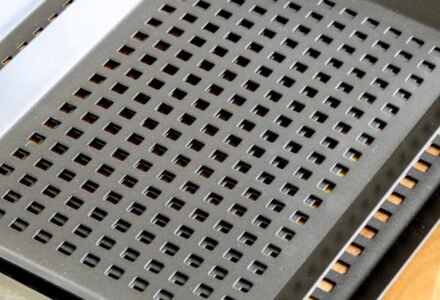Keeping your kidneys healthy is an important step towards staying healthy. The kidneys remove waste from the blood, maintain fluid balance, and control electrolyte levels. Early detection of kidney illness can lead to more effective treatment and improved health outcomes. Here, we’ll talk about the subtle signs you shouldn’t overlook, the significance of early diagnosis, and how frequent checks may help diagnose kidney illness.
What Are The Early Signs Of Kidney Disease?
Dr Shailesh Kakde, Consultant – Nephrology, Jupiter Hospital , Pune said, “ Recognizing early indicators of kidney illness can dramatically increase your chances of successfully controlling the problem. Changes in urine patterns are one of the first symptoms of renal illness. Symptoms may include frequent urination, decreased output, dark or frothy urine, and blood in the urine. Additionally, your kidneys help to eliminate extra fluid from your body. You might notice swelling in your legs, ankles, feet, or face due to fluid retention when they aren’t functioning properly. Fatigue is another common symptom of kidney disorder. Healthy kidneys generate erythropoietin, a hormone which aids in the production of red blood cells. Other common symptoms of kidney disease include persistent itching brought about by accumulation of waste in the circulation can cause persistent itching. Severe decline in kidney function may lead to fluid buildup in the lungs that can make it difficult to breathe. Loss of appetite may also suggest a loss in kidney function. Finally, toxins accumulating in your body owing to impaired renal function might cause nausea and vomiting .”
How Can Early Detection Help Manage Kidney Disease?
“Early identification of kidney illness can significantly affect how the disease proceeds and avoid consequences. Routine blood and urine testing can detect faulty kidney function before symptoms appear. If your primary care physician finds any abnormal results, they may send you to a nephrologist. Nephrologists are experts in kidney care, they treat systemic renal problems such as diabetes, hypertension, and autoimmune illnesses. They do particular tests to see if there is an underlying kidney issue and create a treatment plan that is suited to your needs.” Dr Aakaar Kapoor, CEO and Lead Medical Advisor: City X-Ray and Scan Clinic Founder and Partner: City Imaging & Clinical Labs said.
Even if you do not have kidney disease, nephrologists can treat kidney-related illnesses, including high blood pressure and kidney stones. Proper treatment can prevent these disorders from advancing to renal disease. Identifying kidney abnormalities early allows for therapies that can reduce or even stop disease development.






